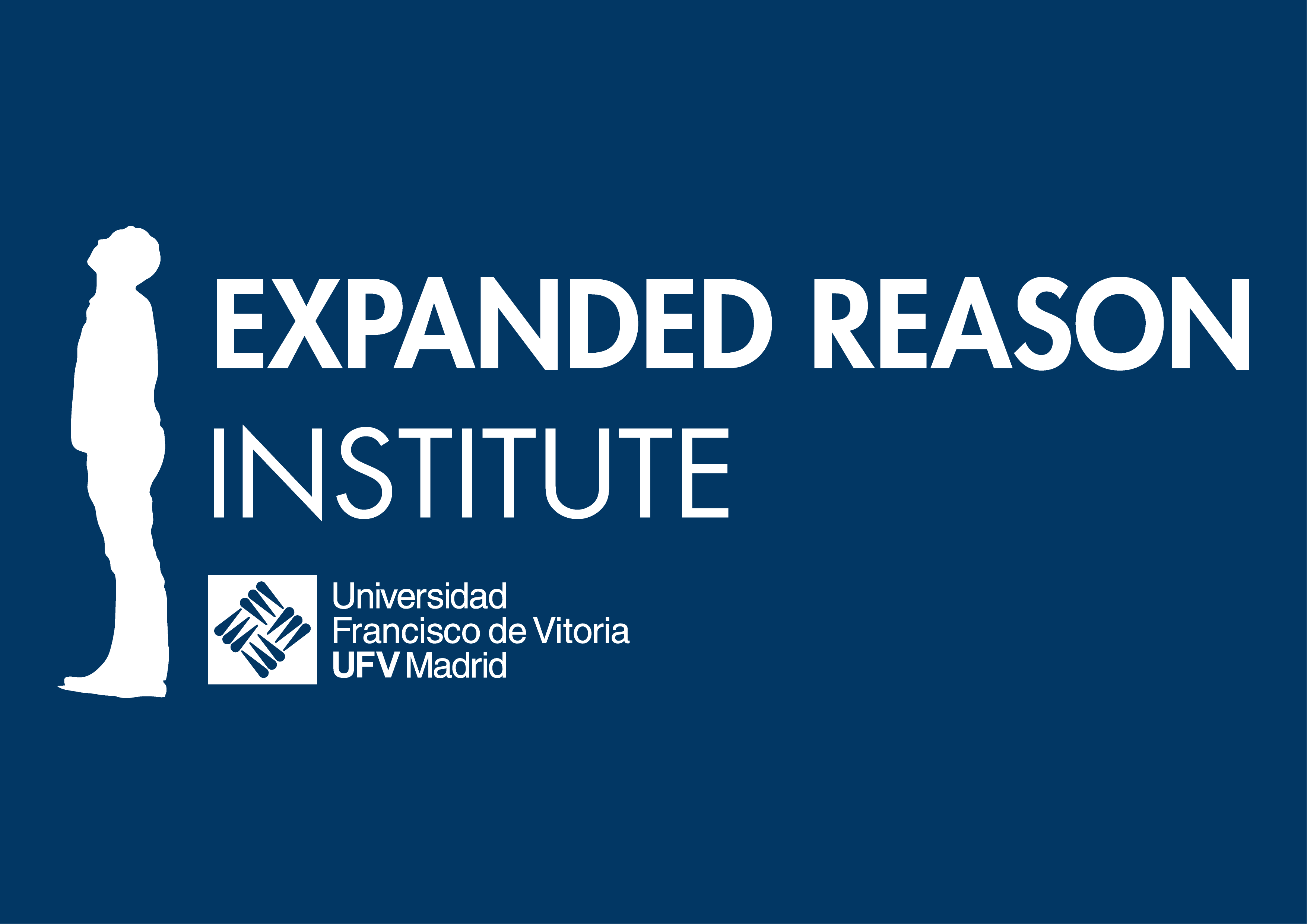Biography
Gonzalo Génova y Mª del Rosario González

Gonzalo Génova is a Telecommunications Engineer (1992), Bachelor of Philosophy (1996) and PhD in Computer Engineering (2003). From 1999 to the present he is a member of the Department of Computer Science of the University Carlos III of Madrid. In the 2013-2014 academic year, he has carried out a research and teaching stay in Santiago de Chile, working at the Pontifical Catholic University of Chile, the Andrés Bello National University, and the University of Santiago de Chile. As part of his research work he has published specifically in the area of computer engineering, and has also cultivated the philosophy of technology.

María del Rosario González is graduate (1996) and has a PhD (2004) in Philosophy and Educational Sciences. Professor in the Department of Educational Studies at the Complutense University of Madrid. Member of the UCM Research Group on Civic Culture and Educational Policies. She has been a professor of Philosophy of Education at the University of Santiago de Chile. His main lines of work are the Philosophy and Ethics of Education, mainly from a phenomenological and personalistic approach.
About Ethics for Engineers
Nowadays, engineering is not only what makes the world inhabitable, but also what is capable of generating new forms of habitability, and even of transforming our way of being and being in the world. The engineer cannot simply be in the hands of the market or the companies, but must consider the world he creates from his ingenuity. We need engineers capable of ethical reflection, committed to a more humane world, more just, more supportive, more respectful of the dignity of people and nature; engineers with sensitivity, capable of recognizing the sacredness of every human being.
To this end, we have developed this course; Ethics for Engineers: between survival and dignity. The course is not so much about the professional deontology of the engineer, but above all about the ethics explained to his mentality. For the engineer’s mentality, the real is what can be touched and measured, the prototype of rational thinking is mathematical-deductive reasoning, and the best results are obtained following standard procedures. Therefore, it is a priority to confront from the very beginning the difficulties that an engineering student has in recognizing the value of specifically ethical and philosophical thinking, and to be able to achieve a synthesis of scientific, technical and ethical knowledge, which also generates a true awareness of one’s own responsibility in one’s professional life.


